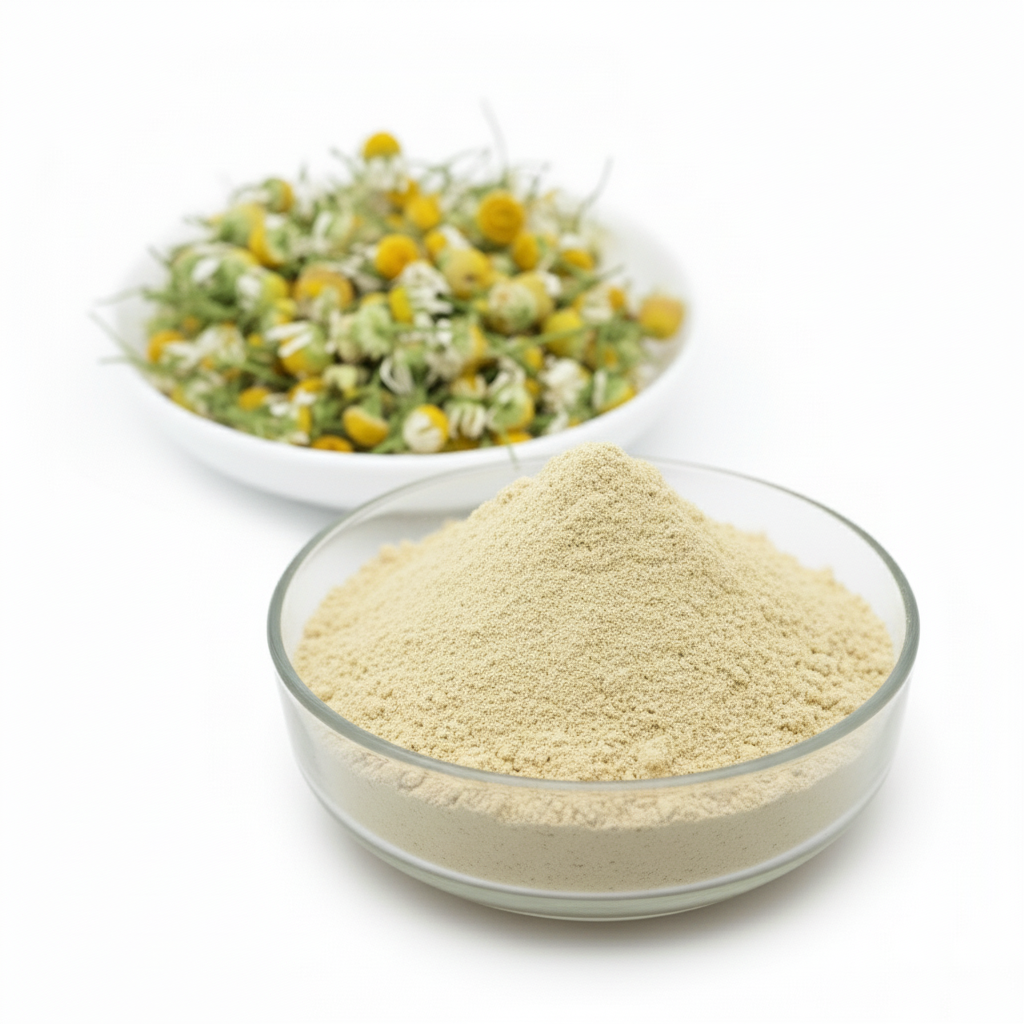
Introduction
In the botanical extract industry, purity and authenticity are the two most important factors buyers worry about. With apigenin powder, this concern is even greater because many suppliers claim “98% pure apigenin” but actually ship flavonoid blends at 70–80% purity.
To avoid costly mistakes, procurement managers and R&D labs must know how to verify apigenin powder quality before committing to wholesale contracts. This article explains:
- What a proper COA (Certificate of Analysis) should include.
- How HPLC testing works for apigenin.
- Practical steps to audit suppliers and avoid counterfeit material.
👉 For a sourcing overview, start with the Complete 2025 Buyer’s Guide to Pure Apigenin Powder.
Why Verification Matters
- Financial Risk: A 25 kg drum mislabeled at “98%” but actually 75% purity could cost buyers $2,500–3,000 in direct loss.
- Compliance Risk: Low-purity powders may not pass GMP or FDA inspections.
- Reputation Risk: A supplement or cosmetic brand cannot afford product recalls due to adulterated raw materials.
Understanding a Certificate of Analysis (COA)
A COA is the first line of verification. But not all COAs are reliable.
What a Proper COA Should Contain
- Product Identification
- “Apigenin ≥98% HPLC”
- CAS No.: 520-36-5
- Batch number & production date
- Purity Testing Method
- HPLC chromatogram attached
- Retention time matching apigenin standard
- Physical Characteristics
- Appearance: Yellow crystalline powder
- Odor/taste: Mild, characteristic
- Solubility: Poor in water, soluble in ethanol/DMSO
- Microbiological Limits
- Total plate count ≤1000 CFU/g
- Yeast & mold ≤100 CFU/g
- No E. coli, Salmonella
- Residual Solvents / Heavy Metals
- Lead <3 ppm, Arsenic <1 ppm
- Ethanol or methanol residues ≤0.5%
📌 Red Flag: If a COA does not include HPLC data or batch-specific results, treat it as unreliable.
HPLC Testing for Apigenin
High-Performance Liquid Chromatography (HPLC) is the gold standard for determining apigenin purity.
How It Works
- The sample is dissolved in a solvent.
- Run through a chromatographic column.
- The retention time is compared with a reference standard of apigenin.
- The area under the curve shows purity percentage.
Expected Results
- ≥98% apigenin: Sharp single peak at retention time.
- <90%: Multiple peaks showing contamination or incomplete purification.
Example Chromatogram
- Pure apigenin: Dominant peak at ~14.2 minutes.
- Mixed flavonoid extract: Broader peaks at multiple times.
👉 To understand sourcing implications, see Buy Apigenin Powder Online: Verified Sources & Market Pricing.
Third-Party Verification
- Independent Lab Testing
- Send samples to accredited labs (SGS, Eurofins, Intertek).
- Request HPLC + residual solvent + heavy metal testing.
- Cross-Verification
- Test multiple samples across different batches.
- Compare COA values vs. independent lab results.
- Case Example
- A US buyer received apigenin “99% pure” from a small exporter.
- Third-party testing showed only 82% apigenin + 15% luteolin.
- Buyer switched to a GMP-certified supplier despite slightly higher price.
Supplier Audit Checklist
Before committing to wholesale orders, ask suppliers for:
- Factory certification (GMP, ISO 9001, ISO 22000).
- Batch-specific COA with HPLC chromatogram.
- Production capacity data (annual output, lot size).
- Sample policy (100–500 g available for testing).
📌 If a supplier cannot provide these basics, do not risk large contracts.
👉 Compare compliance-ready exporters in Top Apigenin Powder Manufacturers & Suppliers 2025.
Packaging & Stability Factors
Even pure apigenin degrades if packaging and handling are poor.
- Standard Packaging: Double-layer aluminum foil bags, 25 kg fiber drums.
- Storage: 2–8°C, away from light and humidity.
- Shelf Life: 24–36 months.
Conclusion
Verifying apigenin powder quality is essential for protecting your investment, ensuring compliance, and safeguarding your brand’s reputation. By combining COA review, HPLC testing, and supplier audits, buyers can filter out unreliable sources and secure authentic ≥98% pure apigenin for nutraceutical, cosmetic, or pharmaceutical use.
Next Steps:
- Always request a batch-specific COA with HPLC chromatogram.
- Confirm results with third-party lab testing.
- Work only with GMP-certified suppliers offering transparent documentation.